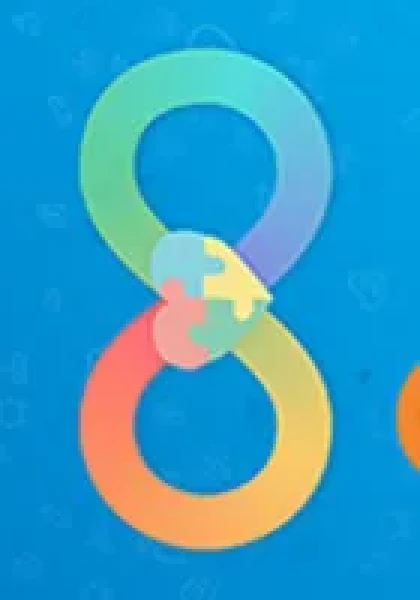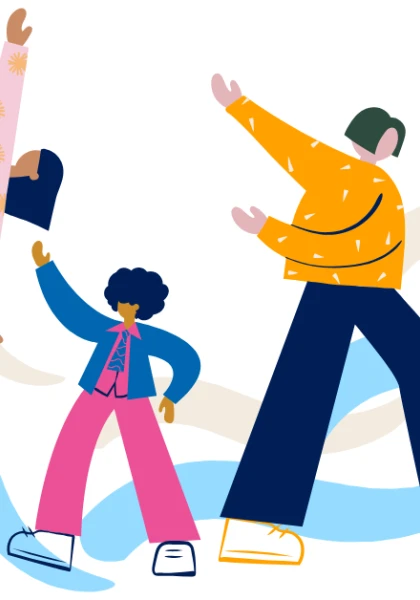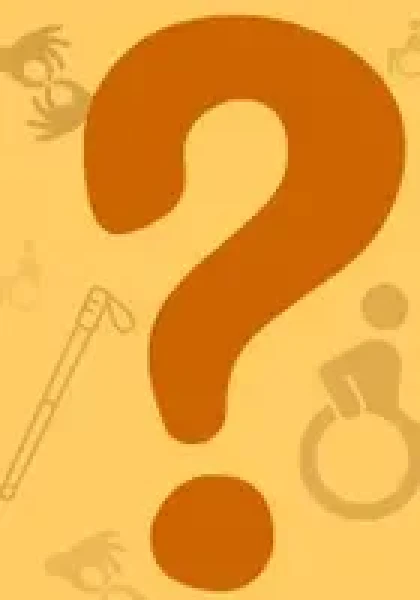Neurodiversity support
From self-assessments to support groups and even getting gear, find out how you can take control of your neurodivergent journey.
Neurodivergence is the collective word used for people with unique ways of experiencing the world and a different way of thinking. The collective term is used as an opposite to ‘neurotypical’, which is someone who experiences the world in a very typical way to the standard population.
Neurodivergence covers a range of conditions including Autism, ADHD, Dyslexia and Dispraxia. It’s understood that many people experiencing these conditions are undiagnosed, this is due to a lack of awareness but also due to our research in this area
The diagnostic criteria for Autism and ADHD changed in 2017 as more was learned and confirmed about these conditions. These changes included an understanding that you can have both conditions simultaneously and a recognition that both can look different in females.
Why understanding neurodivergence matters
Acceptance and Inclusion: If your community, school or workplace can understand where you’re coming from, you can help create a culture that accepting and inclusive. Knowing that your experience is a bit different from those around you and that it’s okay, is also a valuable step in accepting yourself.
Advocacy and Funding: You could access funding and resources crucial to support your growth, health and ability to live an everyday live.
Support for Parents and families: Understanding that your family members requirements to live a good life are a bit different from traditional expectations can allow you to seek information to support them.
Support for Educators and Manager: Teachers and managers need the right tools and training to support a diverse learning and working environment and meet the needs of neurodiverse students or employees.
By understanding and embracing neurodivergence, communities can create more inclusive and supportive environments for everyone.
Next steps
You could explore diagnosis if you have confidence that you fit a neurodivergent criteria, or you could look at self-assessment tools first. If you do a self-assessment, that does not mean that you have to then get a diagnosis.
What you do with the results of a self-assessment is completely your decision. We have included information about getting an ADHD or Autism diagnosis, to make the process clear.
If you have a disability that isn’t clearly visible, but you may need some extra support or understanding from people when you’re in public, you may choose to wear a Hidden Disabilities Sunflower. It’s a lanyard, badge, or wristband that discretely tells people you have a non-visible disability.
In this section
-

Self assessment
Take a look at the free tools to understand yourself.
-

Autism in New Zealand
Learn more about Autism and the tools and resources available to support you
-

ADHD in New Zealand
Learn to navigate life with ADHD
-

Hidden Disabilities Sunflower
Neurodiverse and looking for support? Learn more about the secret code of Hidden Disability Sunflowers
-

Neuroinclusive workplace
Check out this guide to growing and finding your voice to create a neuroinclusive workplace
-

Diagnosis organisations
Whether you have an idea of what your diagnosis might be or want professional advice, there are organisations in New Zealand to help.
-

Needs-specific support organisations
Take a look at these national organisations who can provide needs-specific support across Aotearoa New Zealand.